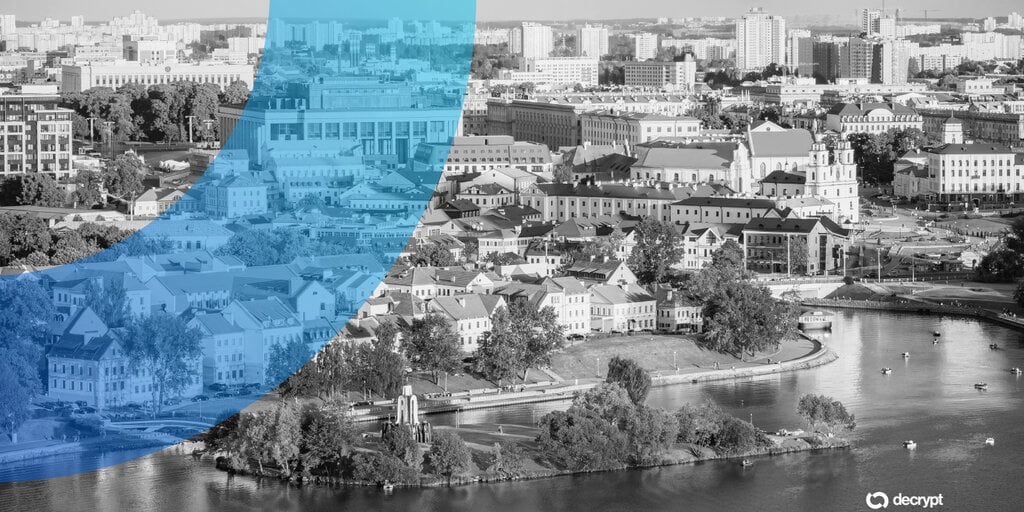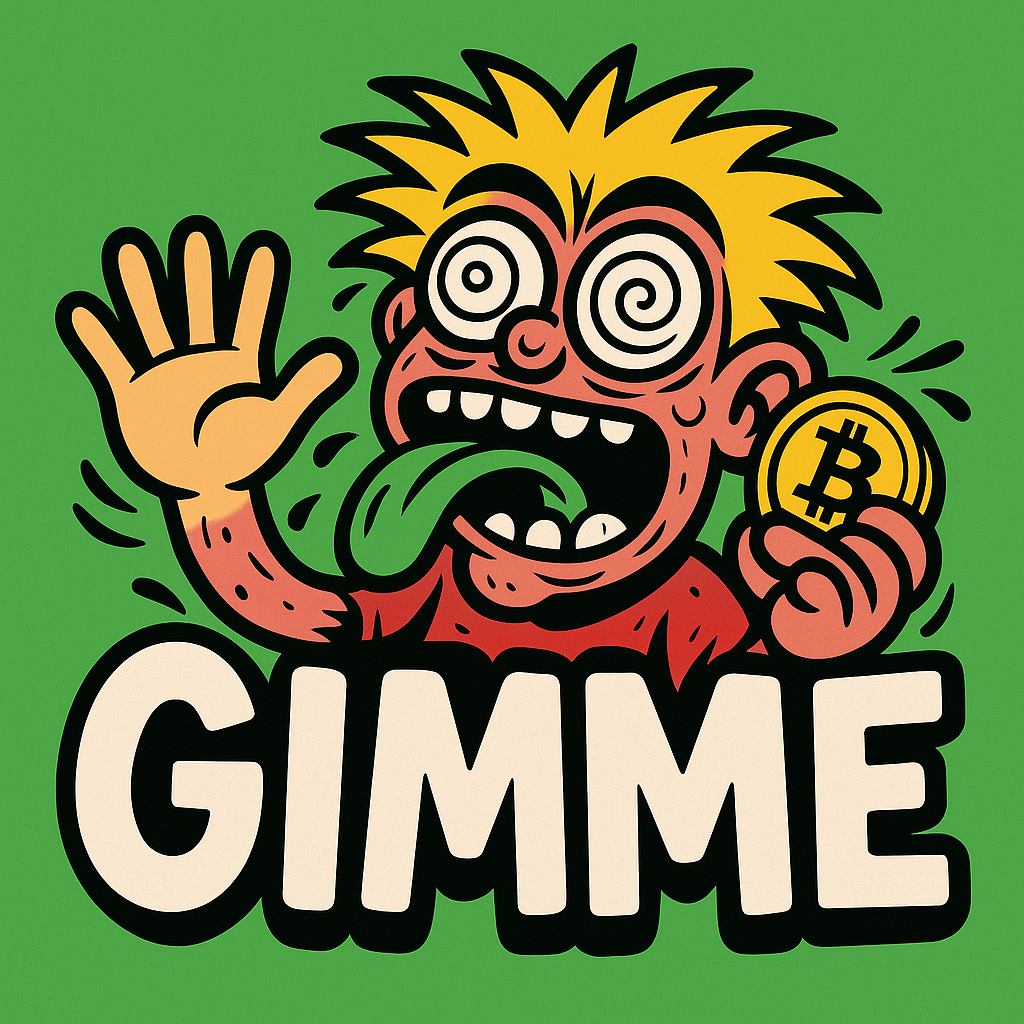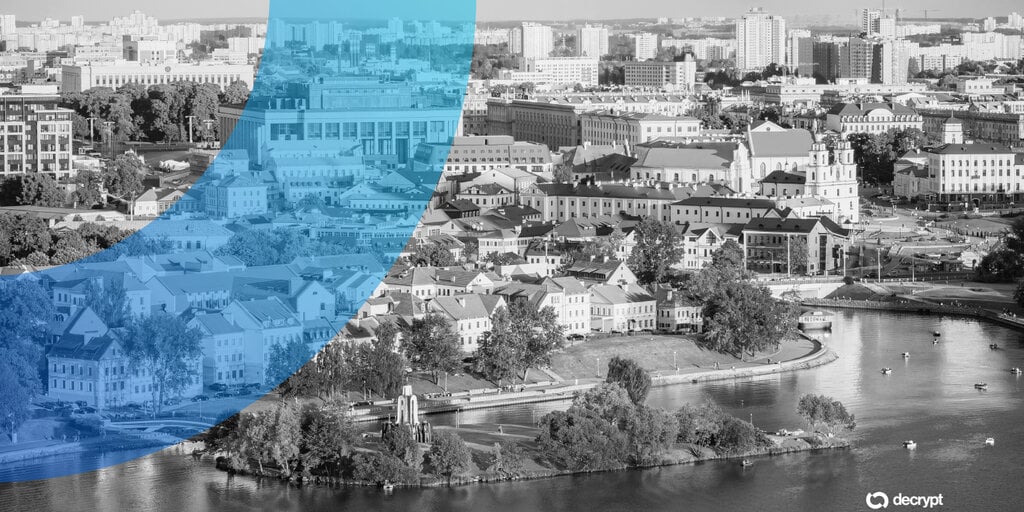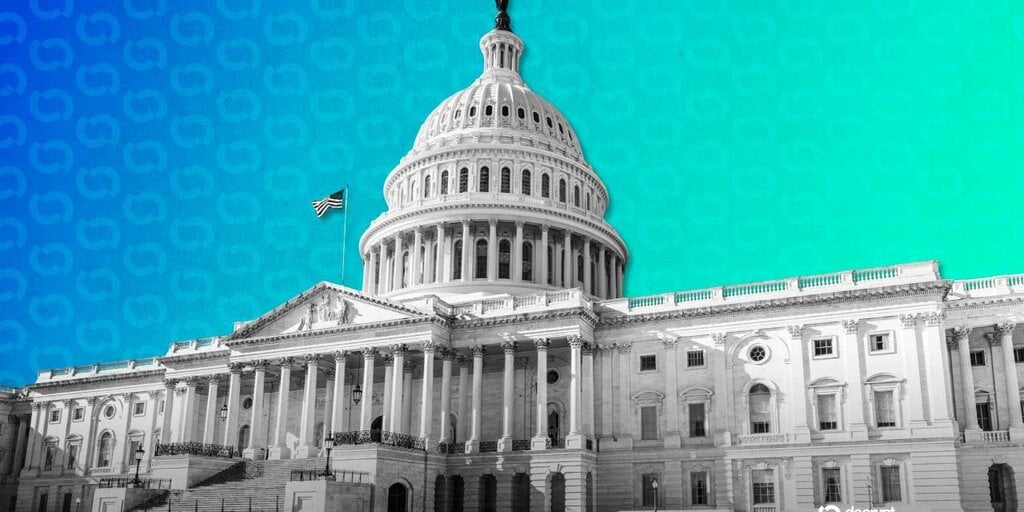
In brief
- President Lukashenko said tokenization can cut intermediaries, automate deals, and boost user control.
- Belarus has seen $1.7 billion in crypto payments this year, with $3 billion projected, according to Lukashenko.
- Russia-aligned states like Kyrgyzstan have shown similar sanction-driven patterns.
Belarusian President Alexander Lukashenko is urging the nation’s banks to ramp up their use of digital assets in a bid to blunt the impact of Western sanctions.
“Today, cryptocurrency-based transactions are more active than ever, and their role in facilitating payments is growing,” Lukashenko said in a meeting held on Tuesday with officials from the country’s National Bank, including heads of the country’s top commercial banks.
External payments through exchanges have racked up $1.7 billion in the first seven months of the year, with estimates suggesting volumes could reach $3 billion by December, President Lukashenko said.
He also discussed tokenization for the financial sector, which he said could help “minimize the presence of intermediaries, automate transactions through smart contracts, and enhance user control over assets,” according to a rough translation of an official transcript.
The head of state later urged the country’s banks to expand the use of digital assets, framing it as a response to sanctions and a way to sustain external payments.
“Digitalization here is not for the sake of digitalization, but for real economic effect,” he added.
Skirting sanctions
The push in Minsk comes as other Moscow-aligned states face similar scrutiny, with reports detailing how Russian entities have exploited Kyrgyzstan’s crypto industry to skirt sanctions.
The country’s crypto industry, which barely existed before 2022, has grown rapidly as Russian entities continued to use it to evade sanctions.
Links have been traced back to the shuttered Russian exchange Garantex, with Kyrgyz platforms appearing to operate like shell companies, according to a report from blockchain intelligence firm TRM Labs.
While a 2022 law encouraged growth, volumes reaching $4.2 billion by mid-2024 are seen as driven by demand from Russian users, not locals.
The European Union has imposed sweeping sanctions on Belarus since the disputed 2020 elections, citing systemic repression and rights abuses under Lukashenko’s rule.
Measures now cover 310 individuals and 46 entities, including top officials, state institutions, and businesses tied to the regime. These include travel bans, asset freezes, and restrictions on providing funds, and were broadened in 2022 to target Belarus’s role in Russia’s war against Ukraine.
The sanctions, extended until February 2026, are aimed at curbing violence, freeing political prisoners, and pressuring the government into genuine dialogue.
Daily Debrief Newsletter
Start every day with the top news stories right now, plus original features, a podcast, videos and more.




